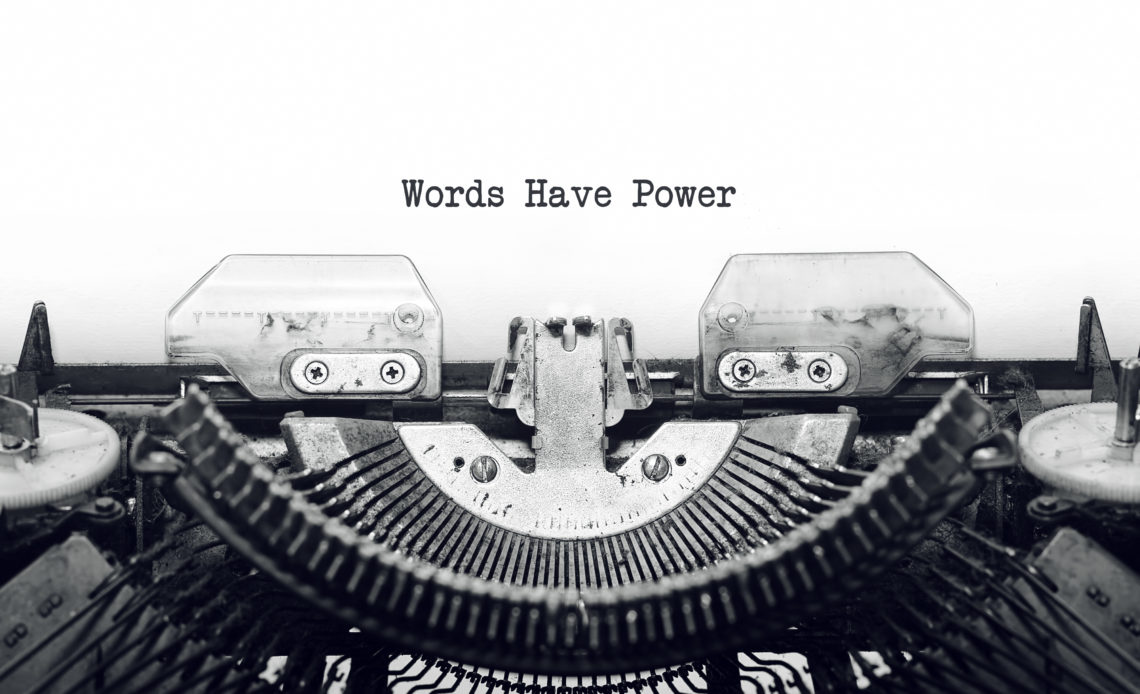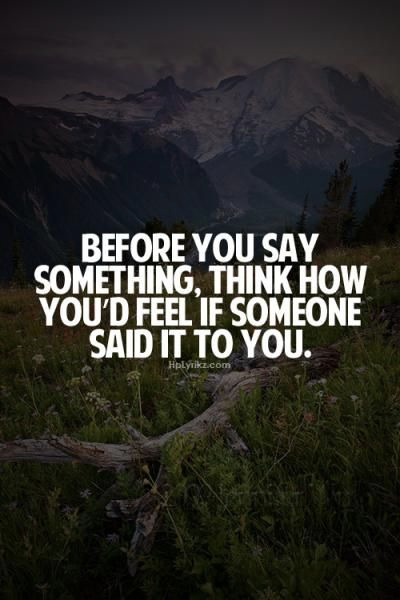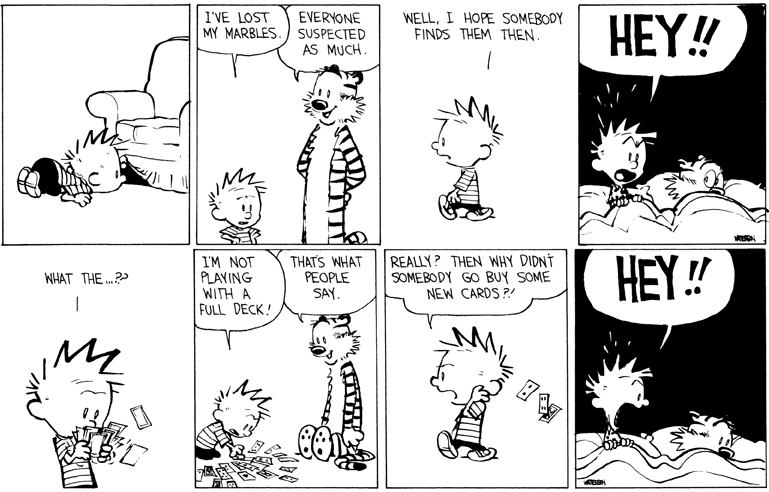
Your words make a difference.
Words can build up or tear down.
Words influence others.
Words can build relationships.
Words can tear down relationships.
Simply put, language holds massive, colossal power to manifest change, whether it’s good or bad.
“Gentle words bring life and health; a deceitful tongue crushes the spirit.” Proverbs 15:4

Words are powerful. Our words, when chosen correctly, can make a positive contribution in our own lives and the lives of those around us.
“Words are singularly the most powerful force available to humanity. We can choose to use this force constructively with words of encouragement, or destructively using words of despair. Words have energy and power with the ability to help, to heal, to hinder, to hurt, to harm, to humiliate and to humble.”
When we recognize the power our words have and we see the impact they can have, we should choose them based on what kind of difference we want to make.
On social media anonymity seems to give some people license to say whatever they want. It also gives them the opportunity to go from observation to outrage, without considering the impact of their verbal explosions.
Social media is often a playground for those who seek to make others suffer.
Journalist and television presenter, Annabelle Crabb, sees and knows how words are used on social media platforms to belittle women:
“They know, quite accurately, that the easiest way to freak a woman out is to make it sexual, make it violent, or make a belittling comment about your mental acuity or your attractiveness. The easiest way to silence somebody, or to make them stop what they’re doing, is to make them feel as though they are less of a human or not a functional human. It’s the quickest way to inflict damage.”

If you wish to belong to the St Columba community as a student, parent or staff member, we require you to moderate your language, even when you think things are going wrong or you feel you are being wronged.
Even in anger, we expect all members of our community to think before speaking.

Bullying with words is not acceptable in our school community from adults or children!
We cannot and will not accept excuses like “I was only joking” or “I was just angry” when harsh, bitter or wounding words are used.
Rather than speaking out emotionally and uncontrollably on any issue, please give careful consideration and thought to how your words could impact others.
Verbal bullying includes name calling, insults, teasing, intimidation, homophobic or racist remarks, or verbal abuse.
When it comes to bullying, sometimes verbal bullying can result in deeper wounds long-term than physical bullying.
Gossip and rumors can destroy a person’s self-confidence and affect their self-esteem. Research shows that verbal bullying and name-calling have serious consequences and can leave deep emotional scars that can carry on into adulthood.
“Gossip is unconstrained and often derogatory conversation about other people, and can involve betraying a confidence and spreading sensitive information or hurtful judgments. Research shows that people who gossip the most have very high levels of anxiety. They are generally not particularly popular because they cannot be trusted. Spreading private information or negative judgments is painful to others and reflects poorly on the gossiper.”
So, whether it be in person, on social media, over the phone or in conversation, please moderate your language so that you do not hurt others.
Be an example to others of how you can express yourself without dragging someone else down.

Terry Muldoon
Principal

